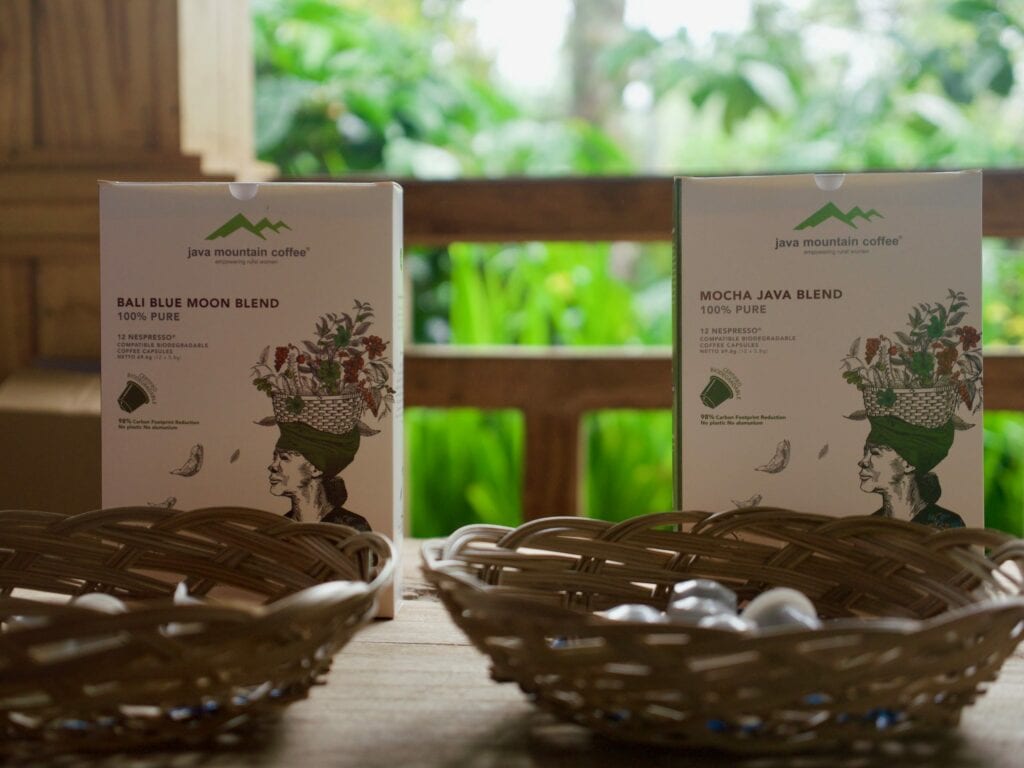4 min read
Social Purpose Organisation Details
Java Mountain Coffee is an Indonesian social enterprise committed to empowering women farmers and providing farm fresh sustainably-sourced Indonesian coffee.
In 2018, they successfully established 2 all-women coffee farmer membered cooperatives financed through their Women’s Empowerment Innovation Fund — the first of its kind in Bali. The fund also finances training for the women farmers and certification programmes under the Fairtrade and Rainforest Alliance.
Above all, they are committed to integrating innovative climate-smart solutions throughout their value chain to mitigate and adapt to the changing climate. Part of this is reflected in their core mission to plant 3 million climate resistant coffee and shade trees by 2030 to ensure consistent harvest that continues to sustain the livelihoods of their women farmers through extreme weather conditions.
Impact Trip Overview
The trip brought 16 delegates representing impact investors, grant makers, foundations and corporates to the mountainous farm source and residency of one of their two cooperatives, Bali Mountain Women’s Coffee Cooperative.
Delegates had the opportunity to spend the afternoon with the women farmers to witness first-hand, their day-to-day tasks at the coffee plantation and bean processing facility. Through conversations with representatives of JMC, delegates were able to gather a deepened understanding of the core challenges that served as a foundational part in the establishment of the enterprise and subsequently its two cooperatives. Some commitments include:
- Empowering rural indigenous women
- Sustaining good harvests through the changing climate
- Advocating for climate-safe solutions
Key Takeaways
- Strong purpose and clear organisational objectives have allowed JMC to pave a stable foundation toward success. However, common shortfalls faced by small enterprises alike rang true to some of their key business pillars.
- Operational processes, brand awareness and marketing are some of the areas that need most refinement.
- Potential ways of collaboration:
- Funding to improve equipment, education, training and technical abilities.
- Access to suppliers in the hospitality and F&B industries.
“This was an excellent initiative and I hope it is repeated in future. So much of our work is conceptual so this was a unique experience to be out in the field and to bring this to life. It reminded me that each organisation is faced with great idiosyncratic but also systematic complexity. This makes the job of finding suitable investees a significant challenge but ultimately rewarding to be able to help an organisation with their funding needs.”


















